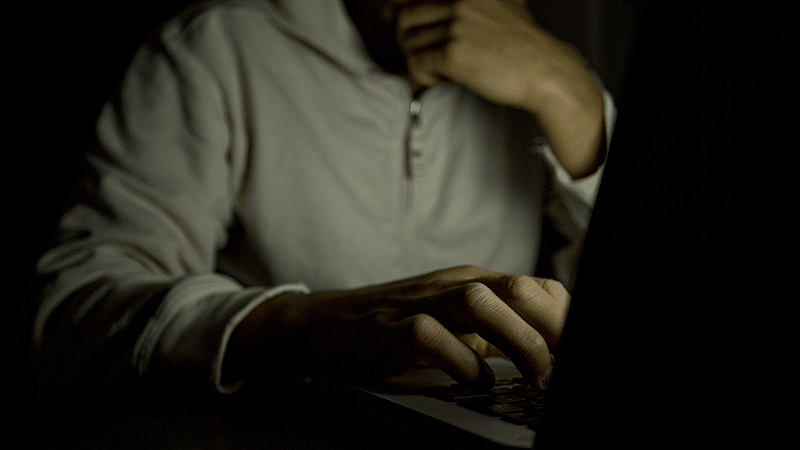An online pornography habit can lead to watching illegal content such as child sexual abuse, a campaign group has warned.
The Lucy Faithfull Foundation (LFF) found that half of those seeking its help last year admitted to being concerned about their own online sexual behaviour towards children.
The recent survey of 2,500 adults by the UK-wide child protection charity also revealed that one in five of those who watched pornography regularly were increasingly viewing “more extreme or aggressive” content.
‘Desensitised’
Commenting on the findings, LFF said people can “become desensitised to the pornography they watch.”
It explained that people then “use more extreme content”, which “can include illegal child sexual abuse material”.
The organisation reported: “Around 1 in 4 of the people contacting us who had watched child sexual abuse material, or who were at risk of doing so, reported ‘a problem with porn’.”
Dr Alexandra Bailey, head of psychology at the LFF, observed: “It may sound a bit extreme to suggest that escalating pornography habits can lead people to offending online and viewing child sexual abuse material, but sadly it’s true”.
Online Safety Act
Under measures introduced last month, social media platforms must take steps to protect all users from illegal content or face hefty fines.
Government guidance on the Online Safety Act states that tech companies are required “to take robust action against illegal content and activity”, including child sexual abuse, extreme pornography, and the sale of illegal drugs.
Ofcom, appointed by the Government to regulate the Act, has power to fine companies in breach of their duties up to £18 million or 10 per cent of their qualifying worldwide revenue.
However, concerns have been raised about Ofcom’s willingness to apply sanctions.
Degrading and violent online pornography must be banned, says Govt review
BBC highlights the harm of porn on children
Ofcom: ‘Access to online porn must be ring-fenced against under-18s’


